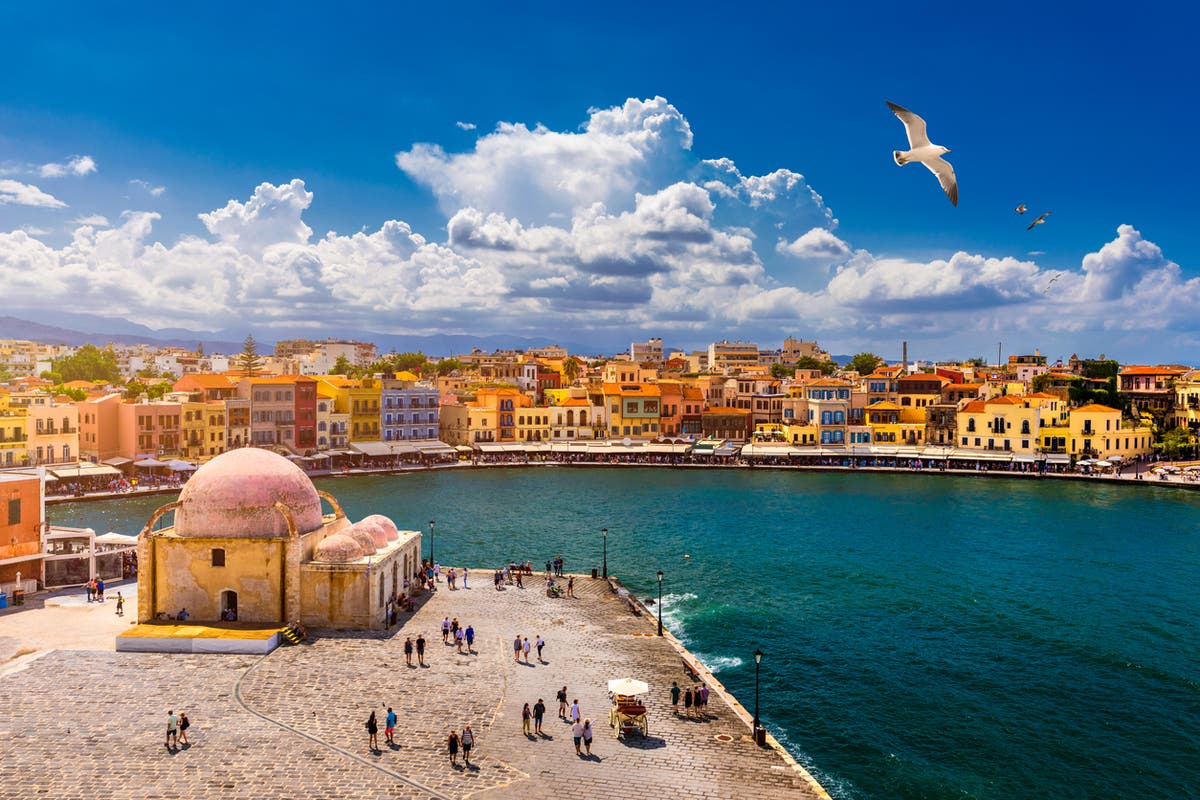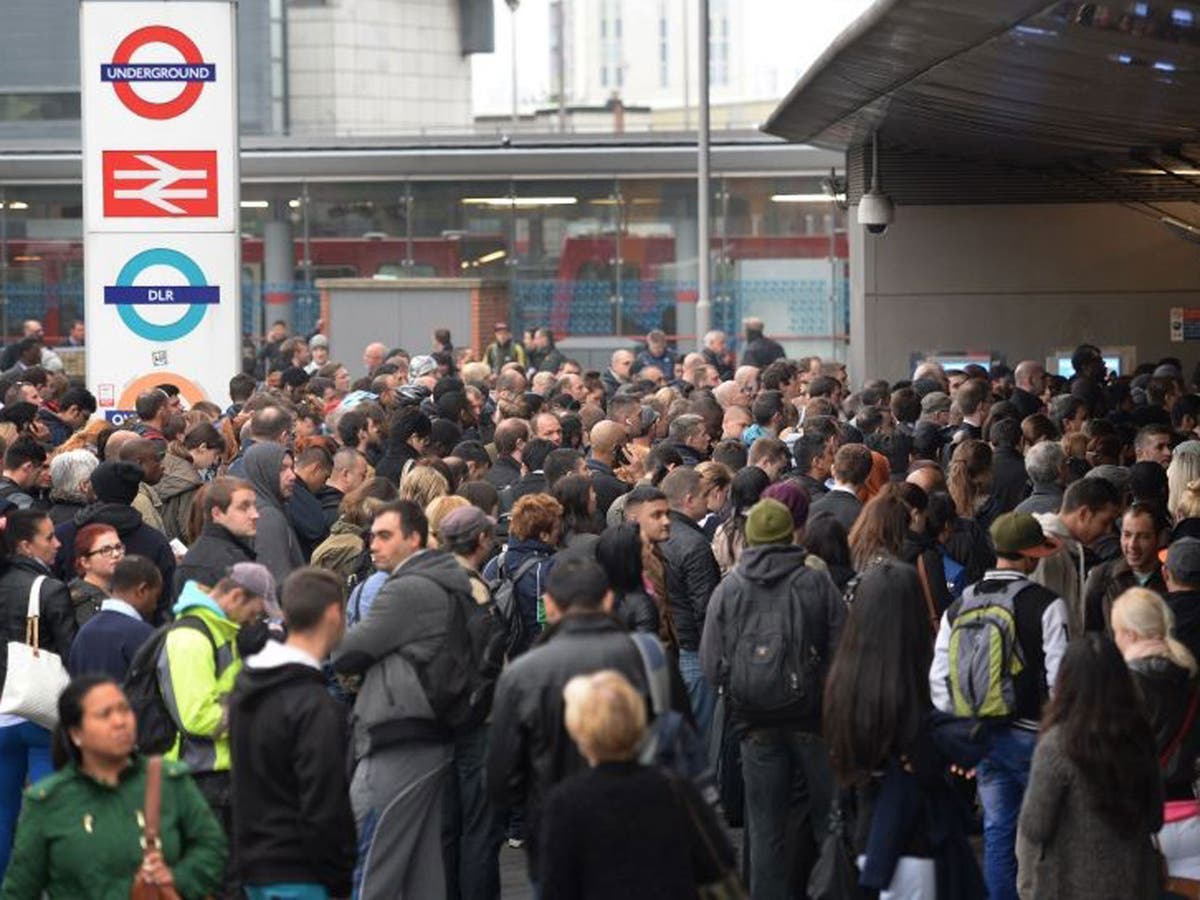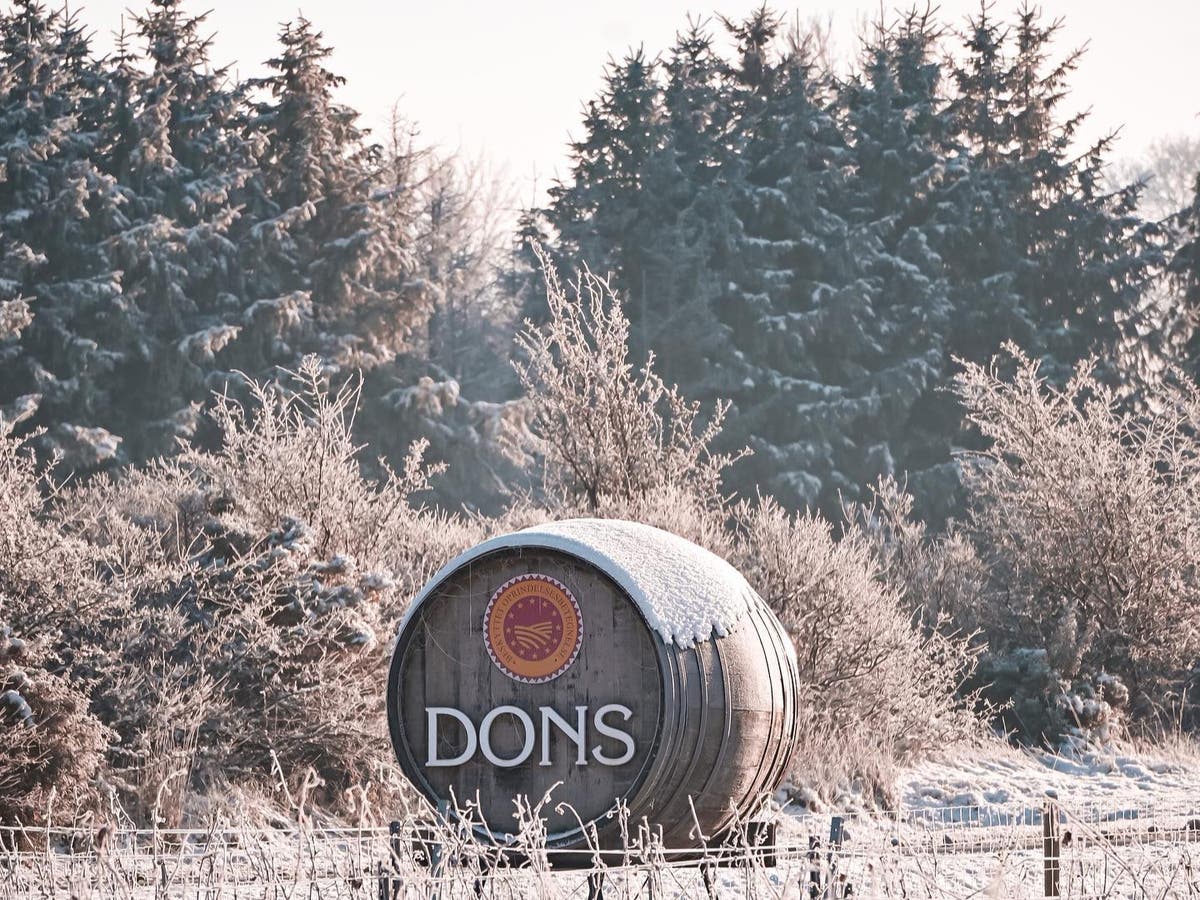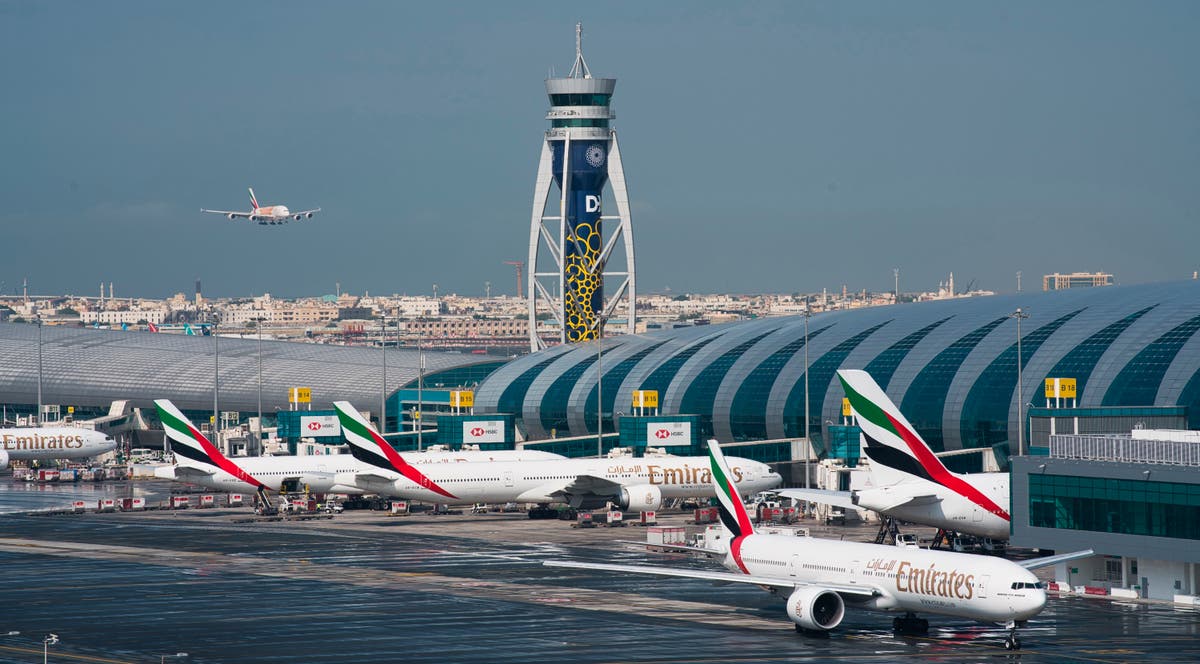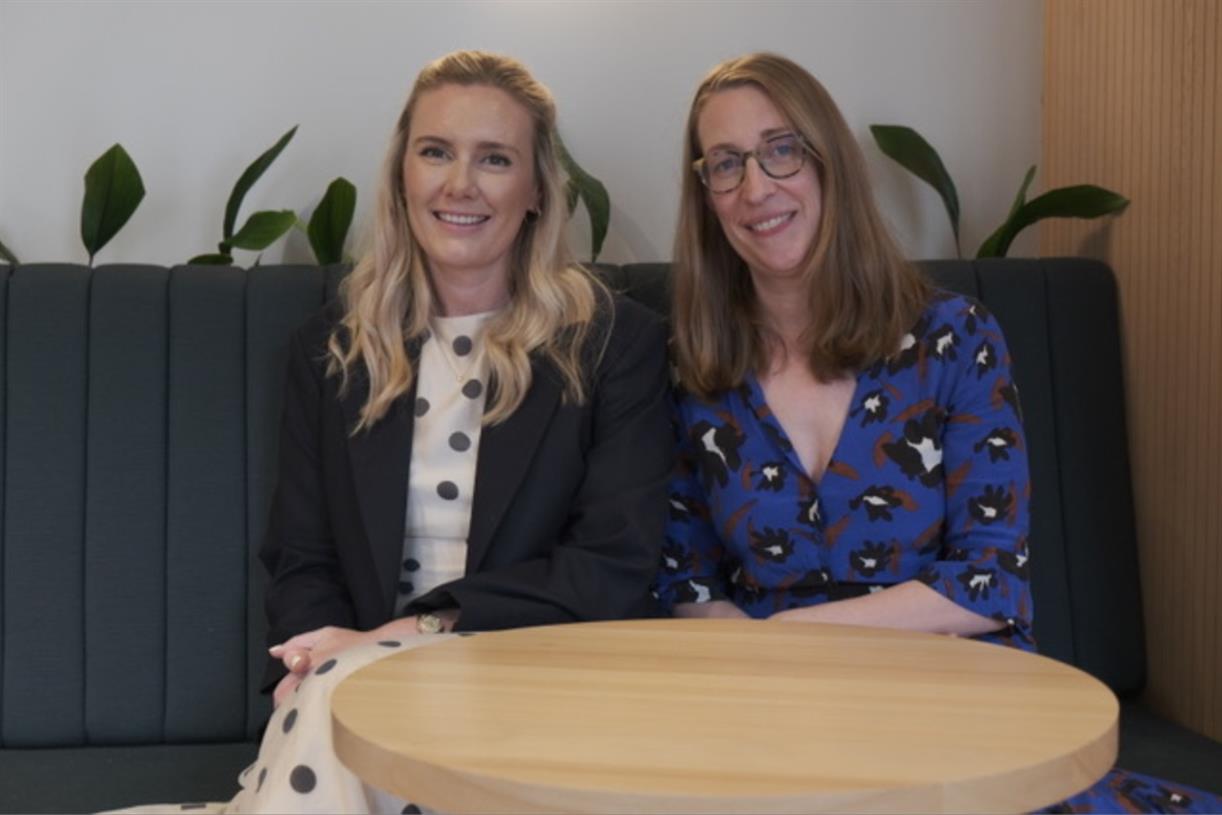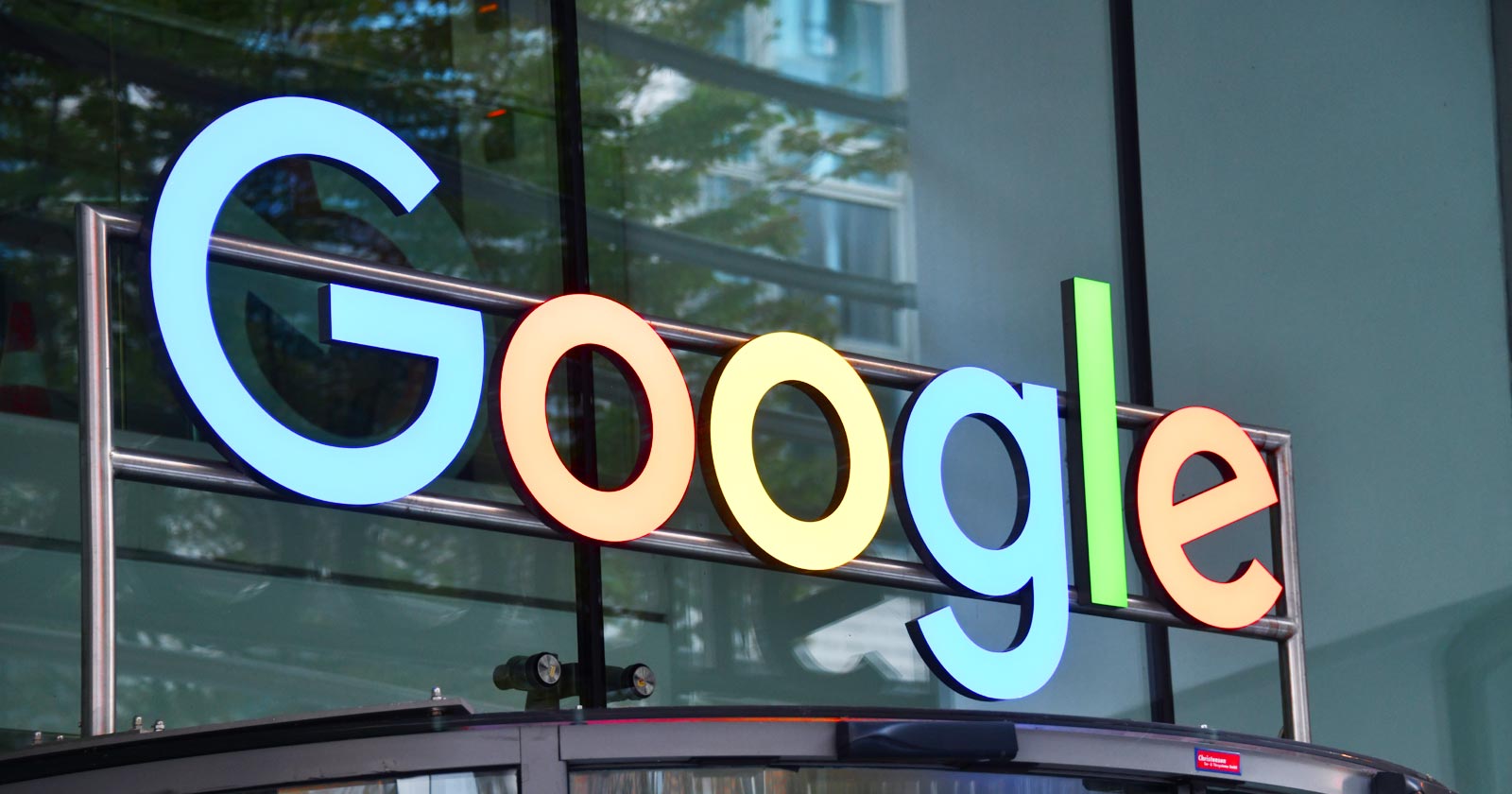Review into rail fare-dodging enforcement after ‘egregious’ prosecutions
‘Where people have made genuine mistakes they shouldn’t be prosecuted’ says transport secretary Louise Haigh

Your support helps us to tell the story
From reproductive rights to climate change to Big Tech, The Independent is on the ground when the story is developing. Whether it's investigating the financials of Elon Musk's pro-Trump PAC or producing our latest documentary, 'The A Word', which shines a light on the American women fighting for reproductive rights, we know how important it is to parse out the facts from the messaging.
At such a critical moment in US history, we need reporters on the ground. Your donation allows us to keep sending journalists to speak to both sides of the story.
The Independent is trusted by Americans across the entire political spectrum. And unlike many other quality news outlets, we choose not to lock Americans out of our reporting and analysis with paywalls. We believe quality journalism should be available to everyone, paid for by those who can afford it.
Your support makes all the difference.
The transport secretary has commissioned a review into the practices used by train operators to tackle suspected fare evasion.
In her first appearance before the Transport Select Committee, Louise Haigh said: “We have seen egregious examples of fare prosecutions and whilst fare evasion is totally unacceptable, and we continue to pursue it, we need to be clear that where people have made genuine mistakes they shouldn’t be prosecuted.”
Last month several cases came to light in which passengers in the north of England had been fined hundreds of pounds for breaching rules on railcard use in the morning rush hour.
Ms Haigh told MPs on the committee that the review by the Office for Rail and Road (ORR) would examine “how clear terms and conditions are for passengers and how they are communicated, as well as considering when prosecutions are appropriate”.
The annual cost to the rail industry of people travelling without a ticket is estimated at £330 million per year – about 3.2 per cent of rail revenue. Train operators TransPennine Express and Northern say one in 30 passengers travels without a ticket.
The ORR director of strategy, policy and reform, Stephanie Tobyn, said: “It is important passengers are treated fairly and dealt with consistently and proportionately when ticketing issues arise, whilst also balancing the legitimate revenue-protection interests of operators and taxpayers.”
Alex Robertson, chief executive at the independent watchdog, Transport Focus said: “People who have made an innocent mistake should be treated with understanding and not immediately assumed to be guilty.”
MPs also questioned the transport secretary on the shambolic state of the High Speed 2 (HS2) rail project, for which costs have ballooned while the extent has shrunk simply to Phase 1, a London-Birmingham link.
“We don’t yet know how much Phase 1 will cost,” Ms Haigh conceded. But she said a new chief executive, Mark Wild, would get a grip on the much-derided project.
“HS2 has been without a proper CEO for over a year, which is not good enough when you consider the scale of the organisation and the public money it is spending, so Mark Wild arriving will be really important,” she said.
On the existing network, Labour plans to bring the 14 main English rail firms into public ownership by October 2027, with Great British Railways (GBR) running the operation.
Catherine Atkinson, Labour MP for Derby North – the city where the new body will be based – asked: “Can you say when will GBR will be fully operational?”
Ms Haigh said: “At the earliest, we’d anticipate Great British Railways would be operations by the end of 2026.”

 UsenB
UsenB 







